Marine and Freshwater Plants
photosynthetic organisms
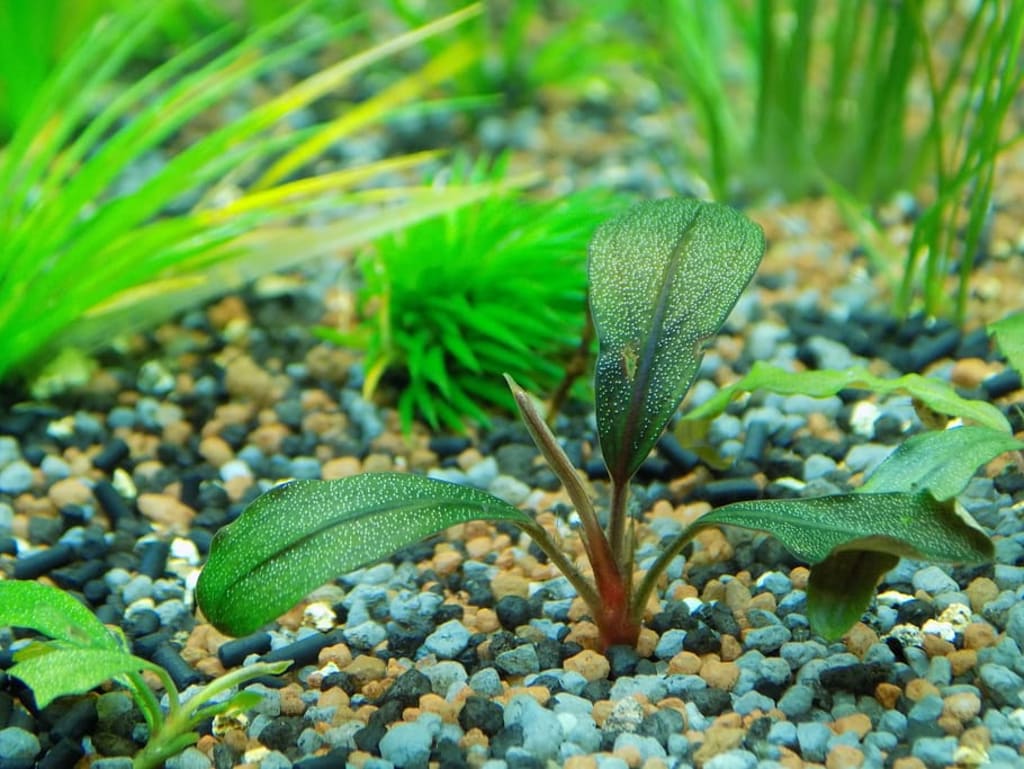
Indroduction
Marine and freshwater plants are two broad categories of aquatic plants that differ in their adaptations and characteristics. Both types of plants play critical roles in their respective aquatic ecosystems and are important for the health of the planet as a whole.
Marine Plants:
Marine plants are those that live in saltwater environments, such as oceans and seas. These plants are adapted to living in high salinity conditions, which means they have evolved to tolerate or even require high levels of salt in their environment. Marine plants are an essential part of the marine ecosystem, providing habitat, food, and oxygen for a wide range of marine animals.
1. Seagrasses:
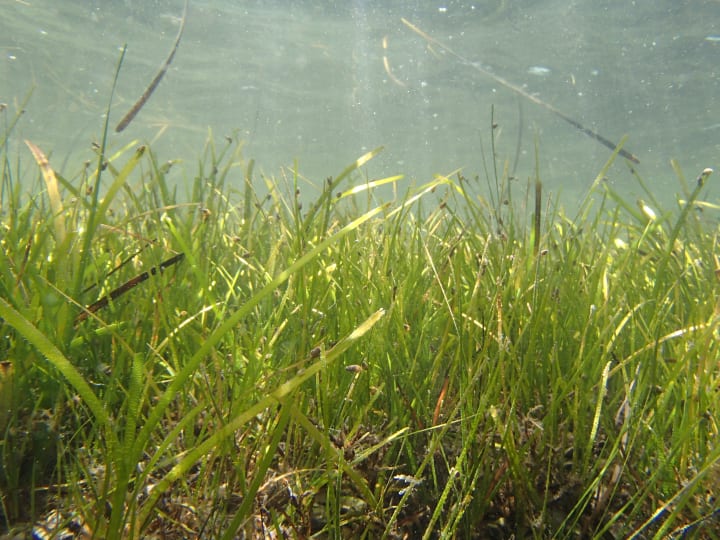
Seagrasses are a type of marine plant that grows in shallow coastal waters. They are one of the most important components of coastal ecosystems and are critical for maintaining water quality and preventing coastal erosion. Seagrasses provide habitat for a wide range of marine animals, including fish, crabs, and shrimp. They also help to filter pollutants from the water, reducing the impact of human activities on the coastal environment.
2. Algae:
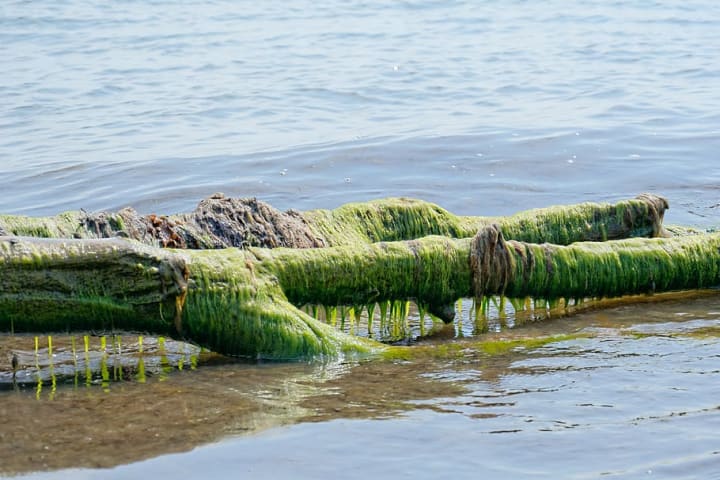
Algae are another type of marine plant that are critical for the marine ecosystem. They are found in both saltwater and freshwater environments and are responsible for a significant portion of the world's oxygen production. Algae also serve as a food source for many marine animals, including fish and shellfish. Some types of algae can even be used as a source of biofuel.
3. Kelp:
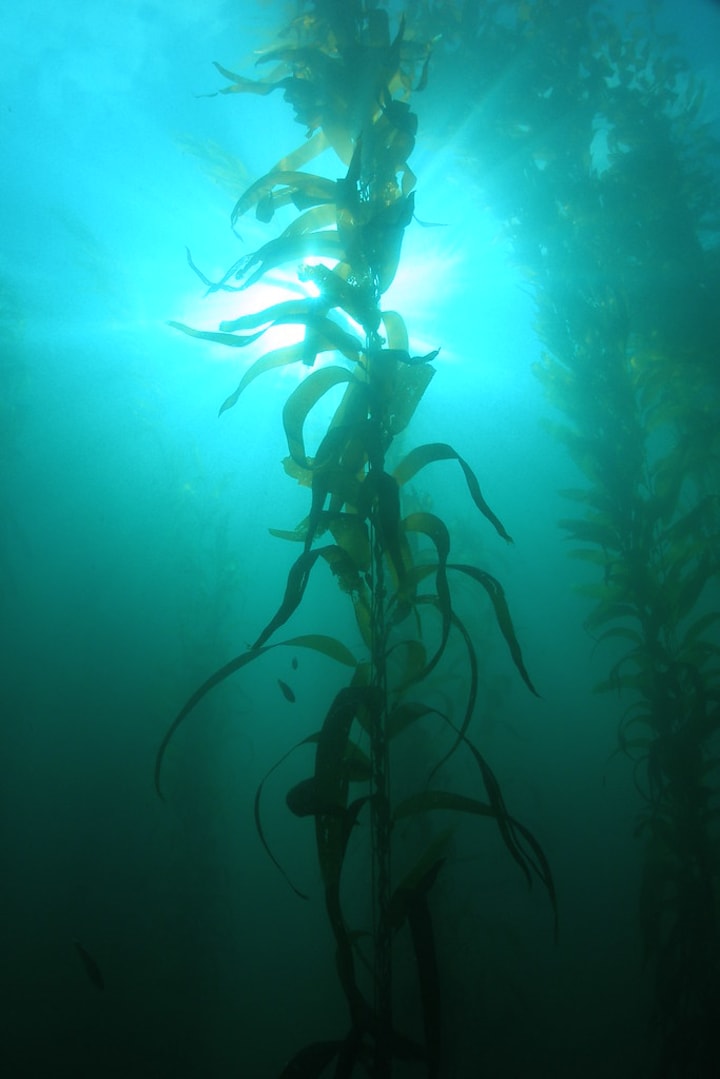
Kelp is a type of large, brown seaweed that grows in cold, nutrient-rich waters, typically in depths between 2-30 meters (6-100 feet). Kelp belongs to the order Laminariales and is found in coastal areas throughout the world, including the North Atlantic and Pacific oceans, as well as the Southern Ocean.
Kelp is an important marine plant for several reasons. Firstly, kelp forests provide habitat for a wide range of marine animals, including fish, sea otters, seals, and sea birds. These animals rely on kelp forests for food, shelter, and breeding grounds. Kelp forests also help to stabilize the ocean floor, preventing erosion and providing a home for a diverse range of marine life.
Secondly, kelp is an important food source for humans. In many cultures, kelp has been traditionally used as a food source for centuries. Kelp is low in calories and high in vitamins and minerals, including iodine, calcium, and iron. Kelp can be eaten raw, dried, or cooked and is used in a variety of dishes, including salads, soups, and sushi.
Kelp is also used in a variety of other products, including cosmetics, fertilizers, and biofuels. In cosmetics, kelp is used for its hydrating and anti-inflammatory properties. In agriculture, kelp is used as a natural fertilizer, as it is rich in nutrients and helps to improve soil quality. In biofuels, kelp is being researched as a potential source of renewable energy, as it grows quickly and can be harvested sustainably.
However, kelp forests are under threat from a variety of human activities, including pollution, overfishing, and climate change. Rising ocean temperatures and ocean acidification are causing kelp to die off in some areas, while overfishing of kelp-eating animals, such as sea urchins, can lead to the destruction of kelp forests. Protecting kelp forests is therefore essential for maintaining healthy marine ecosystems and ensuring the sustainability of this important marine plant.
Freshwater Plants:
Freshwater plants are those that grow in freshwater environments, such as rivers, lakes, and wetlands. These plants are adapted to living in low salinity conditions and are essential for maintaining the health of freshwater ecosystems. Freshwater plants provide food, habitat, and oxygen for a wide range of aquatic animals and help to prevent erosion and filter pollutants from the water.
1. Submerged Aquatic Plants:
Submerged aquatic plants are plants that grow entirely underwater. These plants are critical for maintaining water quality and providing habitat for fish and other aquatic animals. Submerged aquatic plants also help to prevent erosion and stabilize the bottom of lakes and rivers.
2. Emergent Aquatic Plants:
Emergent aquatic plants are plants that grow in shallow water, with their roots submerged and their leaves and stems above the water surface. These plants provide important habitat for a wide range of aquatic animals, including birds, fish, and amphibians. Emergent aquatic plants also help to prevent erosion and filter pollutants from the water.
3. Floating Aquatic Plants:
Floating aquatic plants are plants that float on the surface of the water. These plants provide habitat for a wide range of aquatic animals and help to prevent erosion by stabilizing the water surface. Floating aquatic plants also help to filter pollutants from the water and can be used as a food source for humans and animals.
In conclusion, marine and freshwater plants are critical components of their respective aquatic ecosystems. They provide habitat, food, and oxygen for a wide range of aquatic animals and help to maintain water quality and prevent erosion. Both types of plants are also important for human activities, providing food, cosmetics, and other products. Understanding the adaptations and characteristics of marine and freshwater plants is essential for protecting and preserving these important ecosystems for future generations.
About the Creator
Love The Green
Welcome to my page,I hope to share my experiences, insights, and knowledge with fellow nature enthusiasts.Together, we can celebrate the wonders of the natural world, and work to protect and preserve it for future generations to enjoy🌿🌲




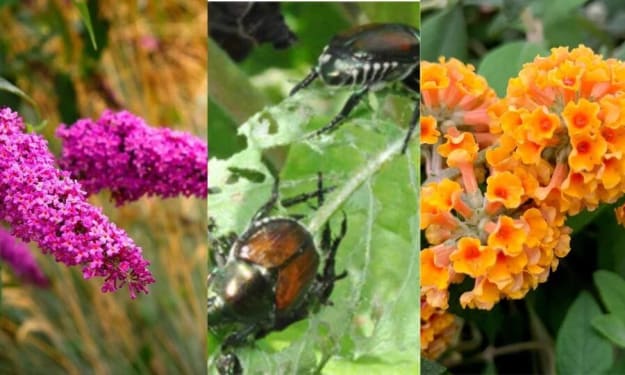

Comments
There are no comments for this story
Be the first to respond and start the conversation.